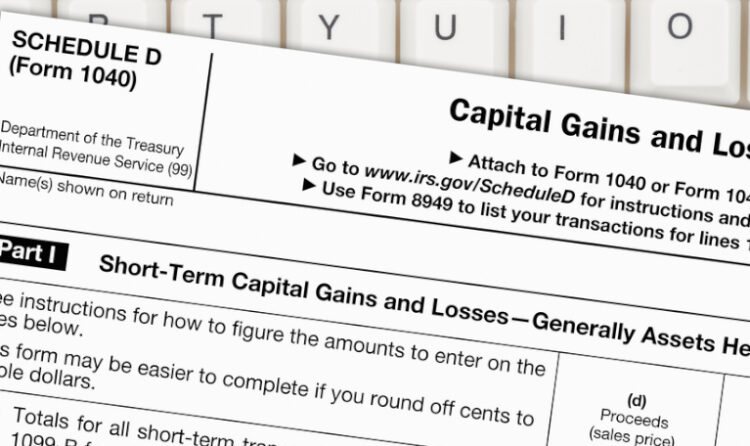Selling a business is a complex process that requires detailed preparation. Potential buyers will carefully review your financial, legal, and operational records to assess the value and viability of your business.
The documents needed to sell a business in Arizona are not just a formality. They are important for establishing transparency, trust, and a fair sale price. A well-organized set of records can shorten negotiation timelines and help you secure a favorable deal.
Legal Documents You Need for a Sale
Legal documentation is critical to transferring ownership and complying with state regulations. These documents clarify the terms of the sale and protect both buyer and seller.
- Sales Agreement: This outlines the terms of the sale, including the purchase price, payment method, and assets being transferred.
- Bill of Sale: A bill of sale formally transfers ownership and lists the business assets involved in the transaction.
- Non-Disclosure Agreement (NDA): Potential buyers sign this to maintain confidentiality about business operations during the negotiation process.
- Articles of Incorporation or Operating Agreement: These establish the legal structure of your business and may be required by buyers or financial institutions.
- Lease Agreements: If your business operates on leased property, the terms must either transfer to the buyer or be renegotiated.
- Employment Agreements: Agreements with key employees may need to be transferred to the new owner. These documents highlight the strength of your workforce and continuity of operations.
Financial Records That Buyers Expect
Accurate financial records are a cornerstone of any business sale. They help buyers evaluate profitability and predict future performance.
- Profit and Loss Statements: These statements from the past three to five years highlight revenues, expenses, and overall profitability.
- Balance Sheets: These offer a snapshot of your company’s assets, liabilities, and equity. This shows its financial health at a specific point.
- Tax Returns: Buyers may ask for three or more years of tax returns to confirm financial stability and compliance.
- Cash Flow Statements: These records show how money flows in and out of the business. They give insight into operational efficiency.
- Accounts Receivable and Payable Reports: These documents reveal the company’s financial obligations and its ability to collect revenue.
- Asset Inventory: A comprehensive list of all physical and intangible assets helps establish their value in the sale.
Operational and Organizational Documents
Operational documents showcase how the business functions daily and provide buyers with a roadmap for running the company.
- Standard Operating Procedures (SOPs): These documents outline workflows and processes. This makes it easier for a new owner to transition smoothly.
- Vendor and Supplier Agreements: Contracts with vendors and suppliers must transfer to the buyer or be updated as part of the sale.
- Customer Lists and Contracts: These help buyers understand your customer base and recurring revenue potential. Be cautious about sharing sensitive details before an NDA is signed.
- Intellectual Property Documentation: Patents, trademarks, and copyrights are significant assets that must be included in the sale.
- Insurance Policies: Buyers may review your business insurance to assess risk management practices.
These documents can demonstrate the operational stability of your business, reducing perceived risks for buyers.
Why Accurate Documentation Matters
Incomplete or disorganized documentation can delay or derail a sale. Buyers will conduct a thorough due diligence process. Any discrepancies or missing records can raise red flags. Organizing and updating these documents before listing your business for sale can save time and reduce stress during negotiations.
If you need assistance, consider hiring professionals to organize your legal and financial paperwork. Engaging experts can streamline the preparation process. This allows you to focus on presenting your business’s value to prospective buyers.
Steps to Take Before Sharing Documents
Before sharing sensitive documents with potential buyers, take measures to protect your business. Start by screening buyers and requiring NDAs. Only disclose sensitive financial and operational details to qualified buyers who have shown genuine interest. This reduces the risk of leaking proprietary information.
It is also wise to prepare a secure virtual data room. This allows you to organize and share documents electronically while maintaining control over access. A virtual data room can streamline communication with buyers and their advisors.
How Strategic Business Brokers Group Can Assist You
Selling your business is a major milestone, and having the right support can make all the difference. Strategic Business Brokers Group specializes in business sales and has helped countless owners in Arizona navigate this process.
From organizing documents to identifying qualified buyers, we provide tailored services to simplify the sale. Our team is committed to making your transition smooth and successful.When you work with us, you gain access to expert guidance. We make sure that you maximize your business’s value and close the deal with confidence. Reach out today to get started.










